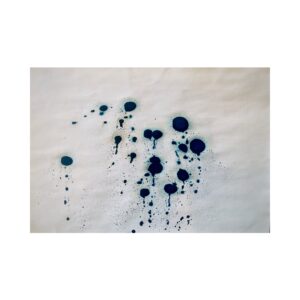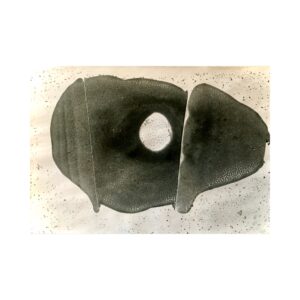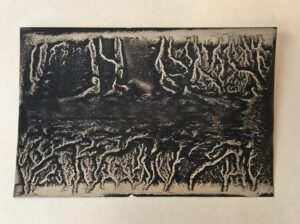Andrea Caretto (Turin, Italy, 1970, degree in Natural Sciences) and Raffaella
Spagna (Rivoli, Italy,1967, degree in Architecture) they live and work in
Cambiano (To), Italy.
Caretto / Spagna conceive art as inquiry, a free way to investigate the multiple
dimensions of reality: formal, qualitative and physical quantitative aspects of the
matter but also philosophical and social aspects. In keeping with their respective
educational backgrounds – landscape architecture for Spagna and natural sciences and scientific museology for Caretto – their projects (installations,
collective actions, performances, sculptures) always results from a “relational
process” in the sense that they emerge from the complex relational field the
authors estblished with different elements (organic, inorganic, living, etc.) of the
context in which they operate. They investigate the relationships linking human
beings to other living organisms and inorganic matter, developing projects that
evolve over the long term. In the last years they have been working on the idea
that the form of things (objects, organisms, society, landscape, artworks…) could
be intended as an emergent property, manifestation of embodied forces,
expression of a relational and morphogenetic field the artist has to deal with. If
forms arise through a process of growth within what is known technically as the
“morphogenetic fields”, they would like to consider their art practice and
artworks as something that originates from this same field of forces and the artist as one of the morphogenetic agent among the others.
They have been working together on a regular basis since 2002, exhibiting in
public and private institutions in Italy and abroad.
They are among t he c har ter member s of t he ar t i s t col lec t i ve “Diogene” (www.progettodiogene.eu) and collaborate with the research Center IRIS (Interdisciplinary Research Institute on Sustainability) of the University of
Turin and Brescia.







